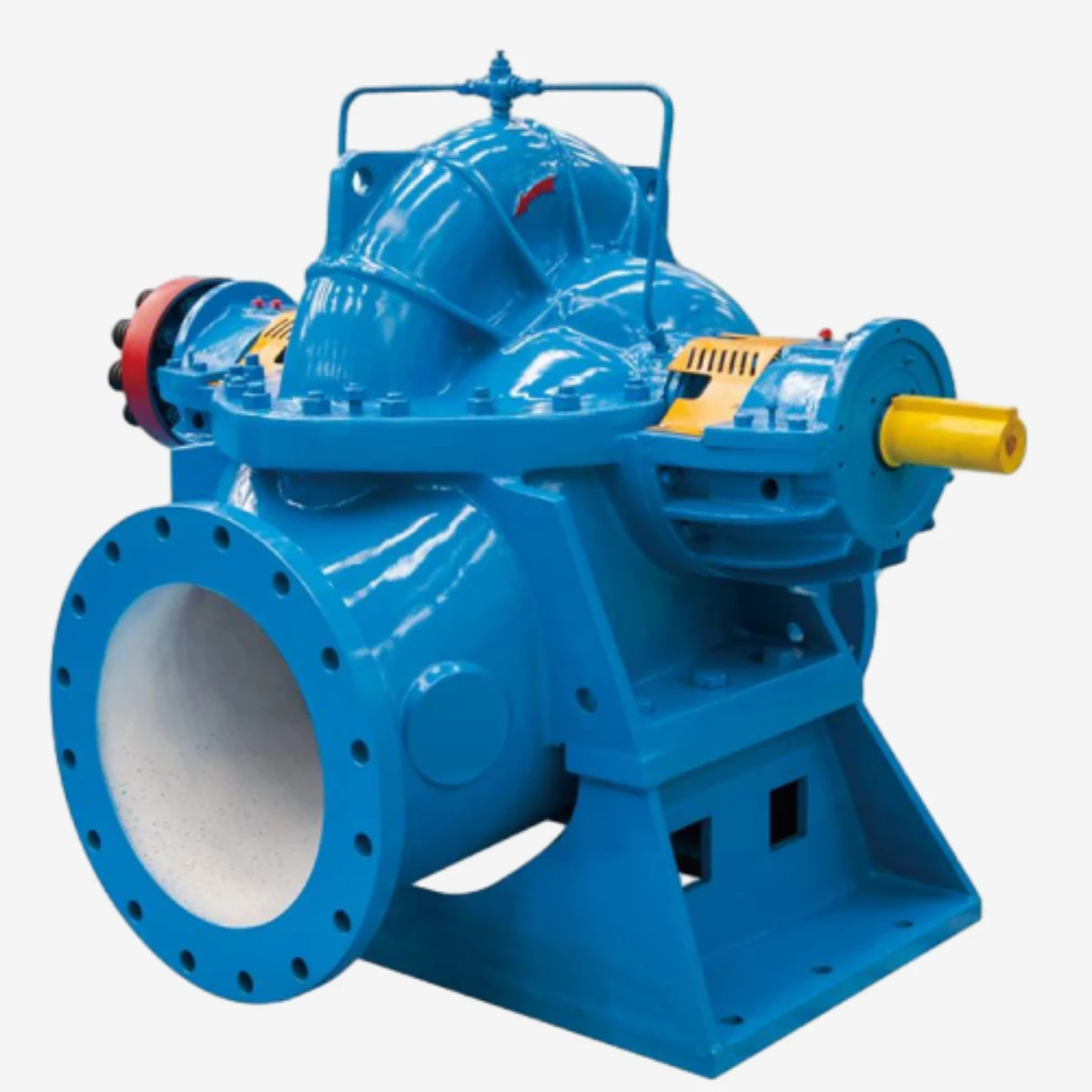English
- Afrikaans
- Albanian
- Amharic
- Arabic
- Armenian
- Azerbaijani
- Basque
- Belarusian
- Bengali
- Bosnian
- Bulgarian
- Catalan
- Cebuano
- Corsican
- Croatian
- Czech
- Danish
- Dutch
- English
- Esperanto
- Estonian
- Finnish
- French
- Frisian
- Galician
- Georgian
- German
- Greek
- Gujarati
- Haitian Creole
- hausa
- hawaiian
- Hebrew
- Hindi
- Miao
- Hungarian
- Icelandic
- igbo
- Indonesian
- irish
- Italian
- Japanese
- Javanese
- Kannada
- kazakh
- Khmer
- Rwandese
- Korean
- Kurdish
- Kyrgyz
- Lao
- Latin
- Latvian
- Lithuanian
- Luxembourgish
- Macedonian
- Malgashi
- Malay
- Malayalam
- Maltese
- Maori
- Marathi
- Mongolian
- Myanmar
- Nepali
- Norwegian
- Norwegian
- Occitan
- Pashto
- Persian
- Polish
- Portuguese
- Punjabi
- Romanian
- Russian
- Samoan
- Scottish Gaelic
- Serbian
- Sesotho
- Shona
- Sindhi
- Sinhala
- Slovak
- Slovenian
- Somali
- Spanish
- Sundanese
- Swahili
- Swedish
- Tagalog
- Tajik
- Tamil
- Tatar
- Telugu
- Thai
- Turkish
- Turkmen
- Ukrainian
- Urdu
- Uighur
- Uzbek
- Vietnamese
- Welsh
- Bantu
- Yiddish
- Yoruba
- Zulu
Telephone: +86 13120555503
Email: frank@cypump.com
Dec . 30, 2024 23:31 Back to list
Efficient Solutions for Septic Sewage Pumping Systems and Maintenance Techniques
Understanding Septic Sewage Pumps Key Components and Importance
Septic systems play a vital role in the treatment of wastewater, especially in areas where conventional sewer systems are unavailable. Within these systems, a crucial component is the septic sewage pump, designed to transport wastewater from a home’s septic tank to a drain field or other treatment areas. Understanding how these pumps work, their importance, and maintenance tips is essential for homeowners relying on septic systems.
What is a Septic Sewage Pump?
A septic sewage pump is a type of submersible pump that is specifically designed to remove waste from a septic tank. Unlike gravity-fed systems, which rely on the natural slope of the ground to move waste, sewage pumps are powered devices that actively push wastewater upward and away from the septic tank. This is particularly necessary in situations where the drain field is at a higher elevation than the septic tank.
These pumps are typically installed in a separate chamber or compartment of the septic tank, known as a pump chamber. When the wastewater level rises to a predetermined height, a float switch activates the pump, which then forces the sewage through a discharge pipe and into the drain field or treatment area.
Importance of Septic Sewage Pumps
1. Efficient Waste Management The primary function of a septic sewage pump is to ensure that wastewater is efficiently moved from the septic tank to the treatment area. This prevents overflow and potential environmental hazards that could result from untreated sewage.
2. Protecting Groundwater By facilitating the proper disposal of wastewater, a septic sewage pump plays a crucial role in protecting local groundwater resources from contamination. Properly functioning septic systems, including their pumps, help filter out harmful pathogens and nutrients that could cause pollution.
3. Preventing System Backups A septic sewage pump helps prevent clogs and backups within the system. Inadequate pumping can lead to sewage backing up into the home, resulting in unpleasant living conditions and costly repairs. By ensuring consistent flow, pumps mitigate these risks.
4. Supporting Remote Locations In rural or remote areas where municipal sewage services are not available, septic systems and their associated pumps are essential for managing waste. This independence from city services allows homeowners to maintain sanitation and hygiene.
septic sewage pump

Maintenance Tips for Septic Sewage Pumps
To ensure the longevity and efficiency of septic sewage pumps, homeowners should adhere to a regular maintenance schedule. Here are some essential tips
1. Regular Inspections Periodically inspect the pump and the entire septic system. Look for signs of wear, such as leaks, unusual noises, or increased vibration during operation.
2. Check Float Switches These switches are crucial for the proper functioning of the pump. Ensure that they are not stuck or damaged, as this could prevent the pump from turning on or off correctly.
3. Clear Debris Ensure that the area around the pump is clean and free of debris or vegetation that could obstruct its function. Regularly remove any sediment or sludge that may accumulate in the pump chamber.
4. Pump Maintenance Many septic sewage pumps require professional maintenance every few years. Hire a qualified technician to clean and service the pump to ensure it is operating optimally.
5. Avoid Chemical Drain Cleaners Harsh chemicals can disrupt the balance of bacteria needed for the septic system to function properly. Use enzyme-based cleaners that are safe for septic systems.
6. Maintain a Record Keep a maintenance log for your septic sewage pump and system. Document any servicing, inspections, or repairs to ensure you stay on top of maintenance needs.
Conclusion
Septic sewage pumps are an essential component of wastewater management in septic systems. Understanding their importance, functionality, and maintenance requirements can help homeowners ensure their septic systems operate efficiently. Regular care and proactive maintenance can extend the life of the pump, protect local water sources, and promote a healthy living environment, ensuring that septic systems continue to serve their critical role in waste management effectively.
-
Heavy-Duty Mining Sludge Pumps - Wear-Resistant Slurry Handling
NewsAug.02,2025
-
Horizontal Split Case Pump with GPT-4 Turbo | High Efficiency
NewsAug.01,2025
-
ISG Series Pipeline Pump - Chi Yuan Pumps | High Efficiency, Durable Design
NewsAug.01,2025
-
Advanced Flue Gas Desulfurization Pump with GPT-4 Turbo | Durable & Efficient
NewsJul.31,2025
-
ISG Series Vertical Pipeline Pump - Chi Yuan Pumps | Advanced Hydraulic Design&Durable Construction
NewsJul.31,2025
-
ISG Series Vertical Pipeline Pump - Chi Yuan Pumps | Energy Efficient & Low Noise
NewsJul.31,2025










